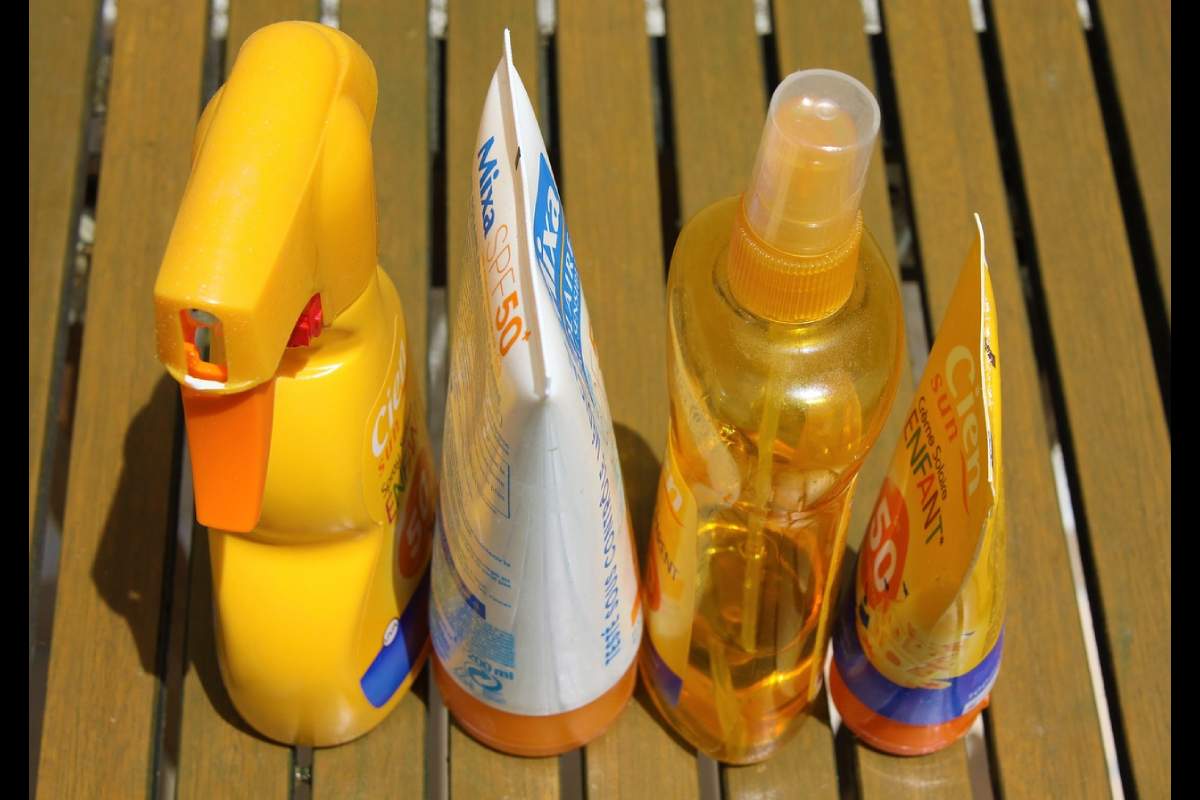Table of Contents
Sun Screen for Oily Skin
I’ve probably heard it over and over again: wear Sunscreen every day! Don’t forget if you want to prevent sun damage, sunburn, redness, dark spots, and aging signs. The only suppression: thick Sunscreen clogs pores, causing breakouts, acne, and pimples.
For people with acne-prone or sticky skin, this can be an absolute nightmare! However, your skin is acne-prone. It needs more cream than you plan to skip.
“Sunscreen is important because many acne medications make skin sensitive to sunburn,” says Joshua Zeichner, MD, director of cosmetic and clinical research at Mount Sinai Hospital. “The right sunscreen can provide a mattifying effect and protect the skin without aggravating the breakout.”
Make Sunscreen your finest friend, even if you have oily skin!
Sunscreen and Oily Skin
When you are bare to the sun, you are undoubtedly expose to harmful rays such as the sun’s UVA, UVB, IR, and HEV rays. Continued exposure increases the likelihood of skin cancer and skin aging.
An effective sunscreen that helps fight all these rays has a good SPF and a broad spectrum. On the other hand, SPF resists UVB rays, while a wide range affects other harmful rays such as UVA, IR, and HEV rays.
With your oily skin, you might assume that they contain compounds that make your skin sensitive, exclaiming how important Sunscreen is for your skin! Yes, it can be tempting to skip Sunscreen for oily, acne-prone skin. Inadvertently, it ends up causing skin damage such as photosensitivity and skin cancer.
How does Sunscreen Cause Acne?
Each Sunscreen is designing differently. And some may be too much for your skin! If you are already using your favorite Sunscreen, check for comedogenic substances.
These comedogenic materials cause the pores’ clogging, leading to breakouts, acne, and pimples. So, avoid using heavy, greasy sunscreens that are greasy and greasy.
Another aspect that causes breakouts is when you are sensitive to ingredients that inhibit UV rays. It can be the active ingredient, emollient, or preservative used in this.
These elements can cause irritation, contact dermatitis, allergic reactions, or hypersensitivity. All of this establishes itself in the form of red bumps or itchy rashes.
How to Prevent Acne with Sunscreen?
But guys, here’s the good news: You can prevent acne by using Sunscreen! Just keep a few points in mind.
First, check the label: ALWAYS check if your cream contains comedogenic substances or not – avoid the one that does. It should say “non-comedogenic,” which means it has been rigorously testing to prevent clogging pores and causing skin rashes or acne. Or you can look for non-comedogenic ingredients like titanium dioxide and zinc oxide.
Second, pay attention to the ingredients – the oils in Sunscreen are more prone to clog pores, causing acne. And minerals can irritate sensitive skin, causing skin inflammation. Hence, it is best to look for vitamin E, coconut, lanolin, beeswax, soybean oils, and cocoa butter.
Third, stay away from chemicals – the most important thing to watch out for is that your Sunscreen is free of harmful toxic chemicals like sulfates, silicones, phthalates, and parabens.
Fourth, be careful with storage – store the Sunscreen. It causes the ingredients or chemicals in the cream to react, making it ineffective and possibly causing skin allergies. Also, keep an eye on the expiration date.
Tip: For acne-prone or oily skin, opt for a double cleanse.
The Best Sunscreen for Oily Skin
The best Sunscreen for the skin should be light, airy, and easily absorbed by the skin. Being an integral part of the skincare club for all the right reasons, Uniqaya Tinted Wide Spectrum SPF 50 PA +++.
Made with selected recipients, this lightly colored water-repellent formula allows the cream to perform a 3 in 1 action – protecting the skin from harmful rays; saturates the skin with the necessary nutrients, and keeps the skin hydrated.


